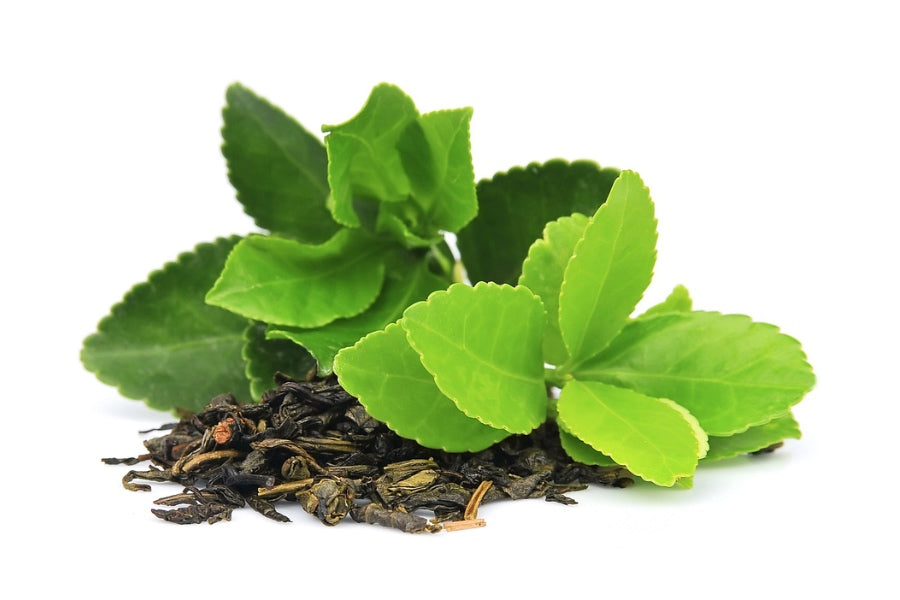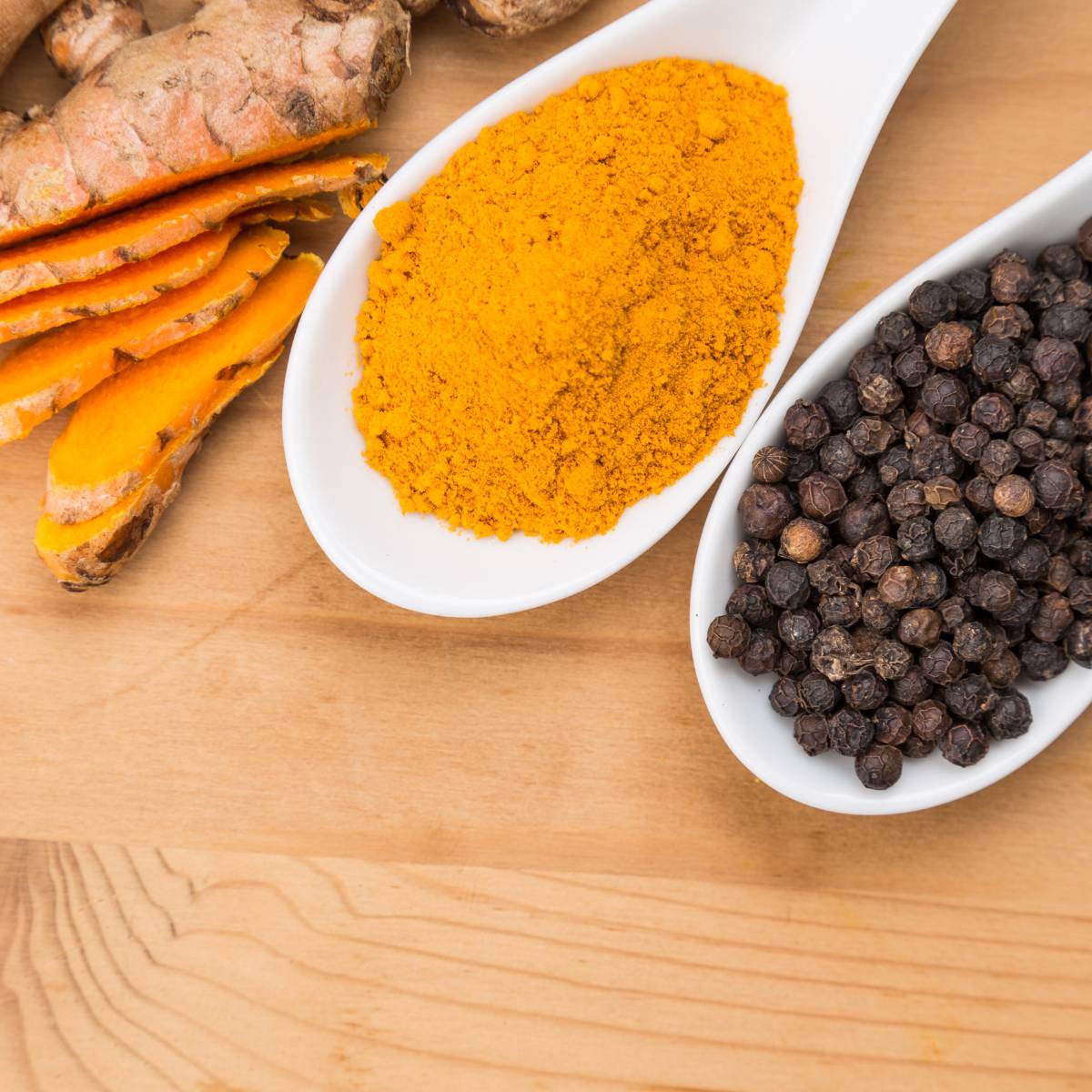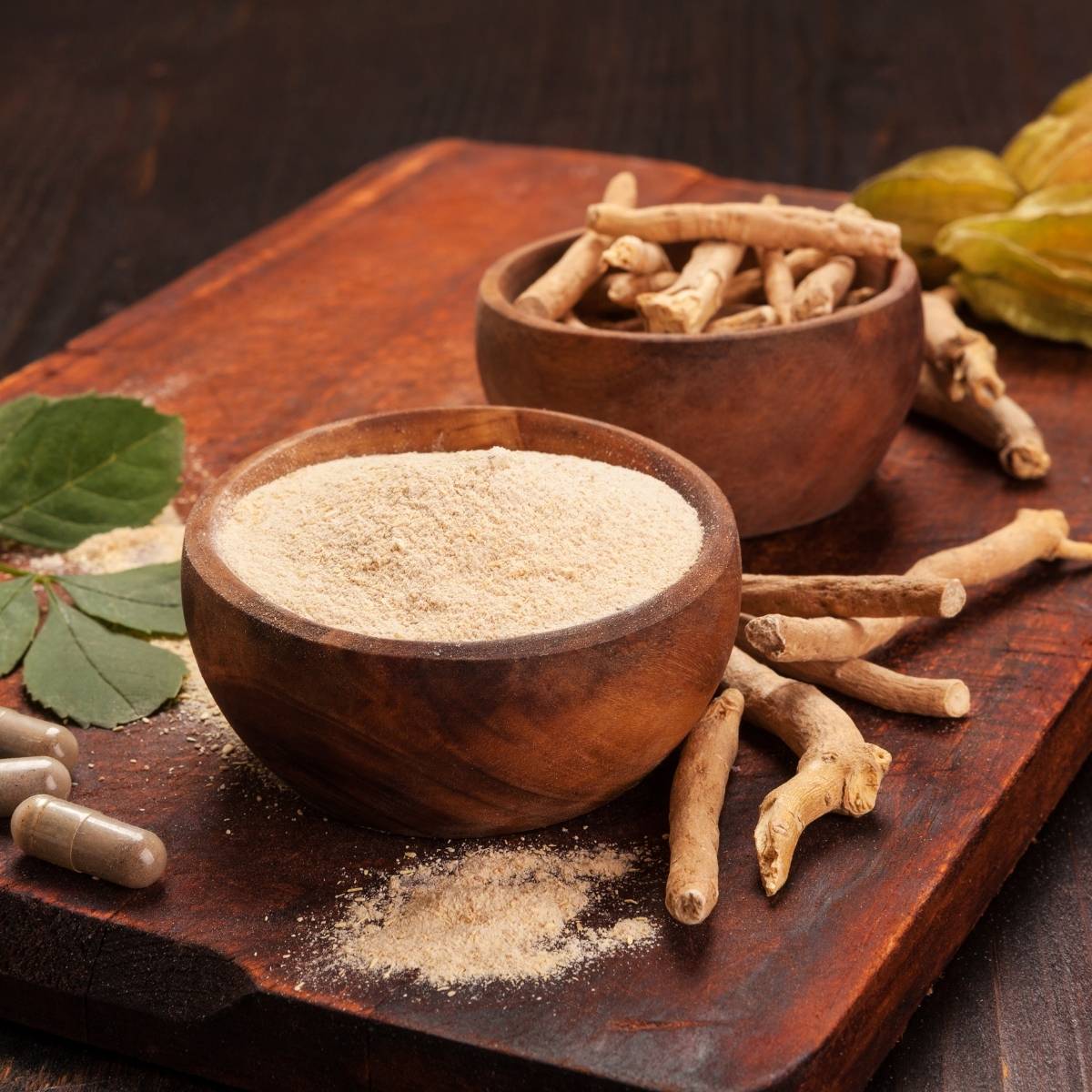What is L-theanine?
L-theanine is an amino acid that is recognized for its unique ability to induce relaxation without inducing drowsiness. The mechanism? Elevating crucial neurotransmitters—GABA, serotonin, and dopamine—in the brain, which govern mood and sleep. According to scientific insights, L-Theanine isn't just about tranquility; it's a versatile ally. Research suggests potential benefits encompass induced relaxation and calm, enhanced sleep quality, and cognitive performance improvement.
If you've ever found solace in a cup of black or green tea, experiencing a subtle sense of well-being, you've likely encountered the significant benefits of L-theanine. This naturally occurring compound in tea, also referred to as "theanine," claims its position as the second most widely embraced nootropic globally, following closely behind caffeine.
It has been widely used as a remedy for lack of focus but has recently gained popularity as more and more people move towards natural and healthy alternatives to caffeine and alcohol.
Find more information on L-theanine
What do L-Theanine and Alcohol Have in Common?
When considering its interaction with alcohol, a nuanced synergy emerges. Expert insights suggest that L-theanine's anxiolytic properties may contribute to a smoother and less agitating alcohol experience.
Moreover, mimicking the effects of alcohol, L-theanine promotes the release of gamma-aminobutyric acid (GABA), an inhibitory neurotransmitter that induces feelings of relaxation and reduces neuronal excitability. By influencing the alpha brain waves, L-theanine creates a state of alert relaxation, akin to the mellowed ambiance often associated with moderate alcohol consumption. Unlike alcohol, however, L-theanine achieves this without impairing cognitive function or inducing sedation. This distinction positions L-theanine (or L-theanine based drinks) as a compelling natural alternative for those seeking relaxation and stress reduction without the potential drawbacks linked to alcohol consumption.
Furthermore, similar to alcohol, L-theanine has been observed to influence serotonin and dopamine levels in the brain. These “happy” neurotransmitters play crucial roles in regulating mood, pleasure, and overall emotional well-being, essentially making you feel happy - which is why you end up going for another drink at a bar. L-theanine achieves this effect by modulating the activity of certain receptors and promoting the release of serotonin and dopamine.
Is It Safe To Mix L-Theanine and Alcohol?
The safety of mixing L-theanine and alcohol warrants careful consideration. While significant synergies have been found between both substances with L-theanine being able to modulate the chemistry of alcohol and hailed as a remedy for alcohol withdrawal.
Expert opinions emphasize moderation and a nuanced understanding of individual responses to these compounds. It is crucial to recognize that the combination of L-theanine and alcohol may amplify the impact on the central nervous system.
A measured and informed approach, consulting with healthcare professionals, and understanding personal limits are imperative to navigate the potential synergies and risks associated with combining L-theanine and alcohol safely.
Can L-Theanine Help to Alleviate Hangovers?
Consuming alcohol can elevate the presence of glutamate receptors, commonly associated with stress and jittery feelings. L-theanine has the ability to occupy these receptors, potentially acting as a buffer to prevent withdrawal symptoms, often referred to as "hangxiety." This means that L-theanine may play a role in alleviating the anxious feelings that can accompany the aftermath of alcohol consumption. While it's not a cure for excessive drinking, the interaction between L-theanine and glutamate receptors could contribute to a calmer post-alcohol experience.
Alcohol hangovers are also associated with elevated cortisol levels, adding a physiological stress component to the discomfort experienced after excessive drinking. Cortisol, the body's stress hormone, tends to spike during a hangover, contributing to symptoms such as headaches, nausea, and general malaise. This increased cortisol release is part of the body's response to the inflammatory and dehydrating effects of alcohol. Clinical studies suggest that L-theanine can be vital in regulating and reducing the cortisol levels in the body and hence proving to be a fantastic remedy for hangovers.
Check out Moment’s healthy alternatives to alcohol which helps you relax.
What are some other relevant benefits of L-Theanine?
Inducing a restful sleep
Numerous studies have indicated that L-theanine may assist individuals in achieving a more relaxed state before bedtime, facilitating easier sleep initiation and deeper sleep. These positive outcomes likely stem from the specific impact of the amino acid on brain chemicals implicated in the sleep process.
A study conducted in 2018 revealed increased sleep satisfaction in participants who took L-theanine daily for an 8-week period. Notably, these individuals were dealing with generalized anxiety disorder and concurrently using antidepressants. The findings suggest a potential role for L-theanine in improving sleep quality, particularly in populations with anxiety-related concerns.
In conclusion, the fascinating synergy between L-theanine and alcohol unveils a nuanced understanding of how these elements interact within the realms of relaxation and mood modulation. As explored in various studies, L-theanine not only mimics certain effects of alcohol but also brings its own unique benefits, such as stress reduction and cognitive enhancement. This natural amino acid, found abundantly in tea and functional beverages/supplements such as Moment’s drink collection, offers the potential for a harmonious blend of relaxation and refreshment, offering a delightful alternative for those seeking a balanced and mindful “sober” drinking experience.
Disclaimer: The content on this blog is for informational purposes only and is not intended as professional advice. Use this information at your own risk.





![Alcohol Replacement Drinks - What are the Healthiest Alternatives to Alcohol? [Updated 2023]](http://drinkmoment.com/cdn/shop/articles/alcohol_replacement_drinks_-_what_are_the_healthiest_alternatives_to_alcohol_updated_2023.jpg?v=1690209665)

